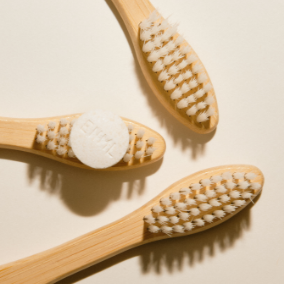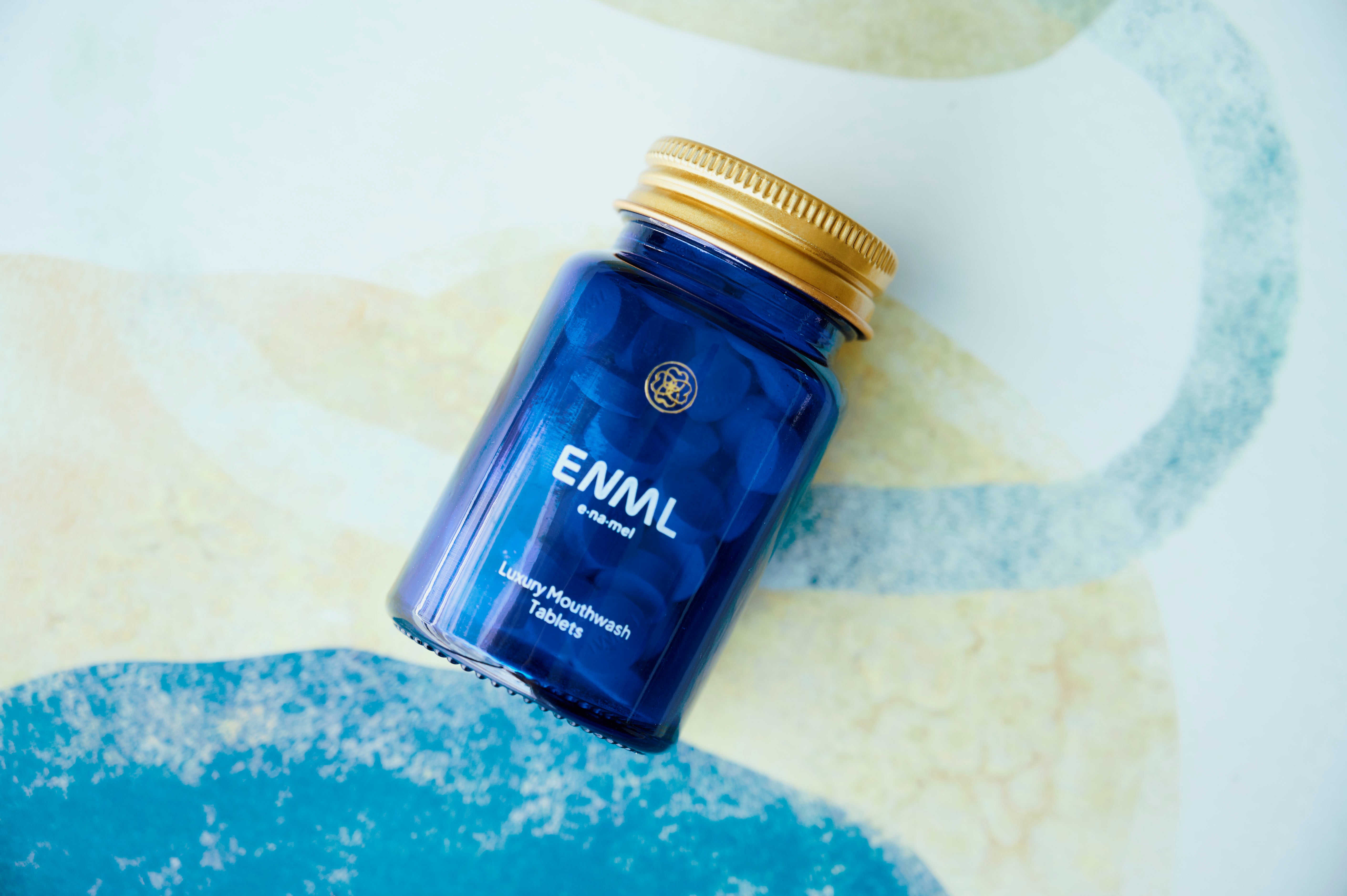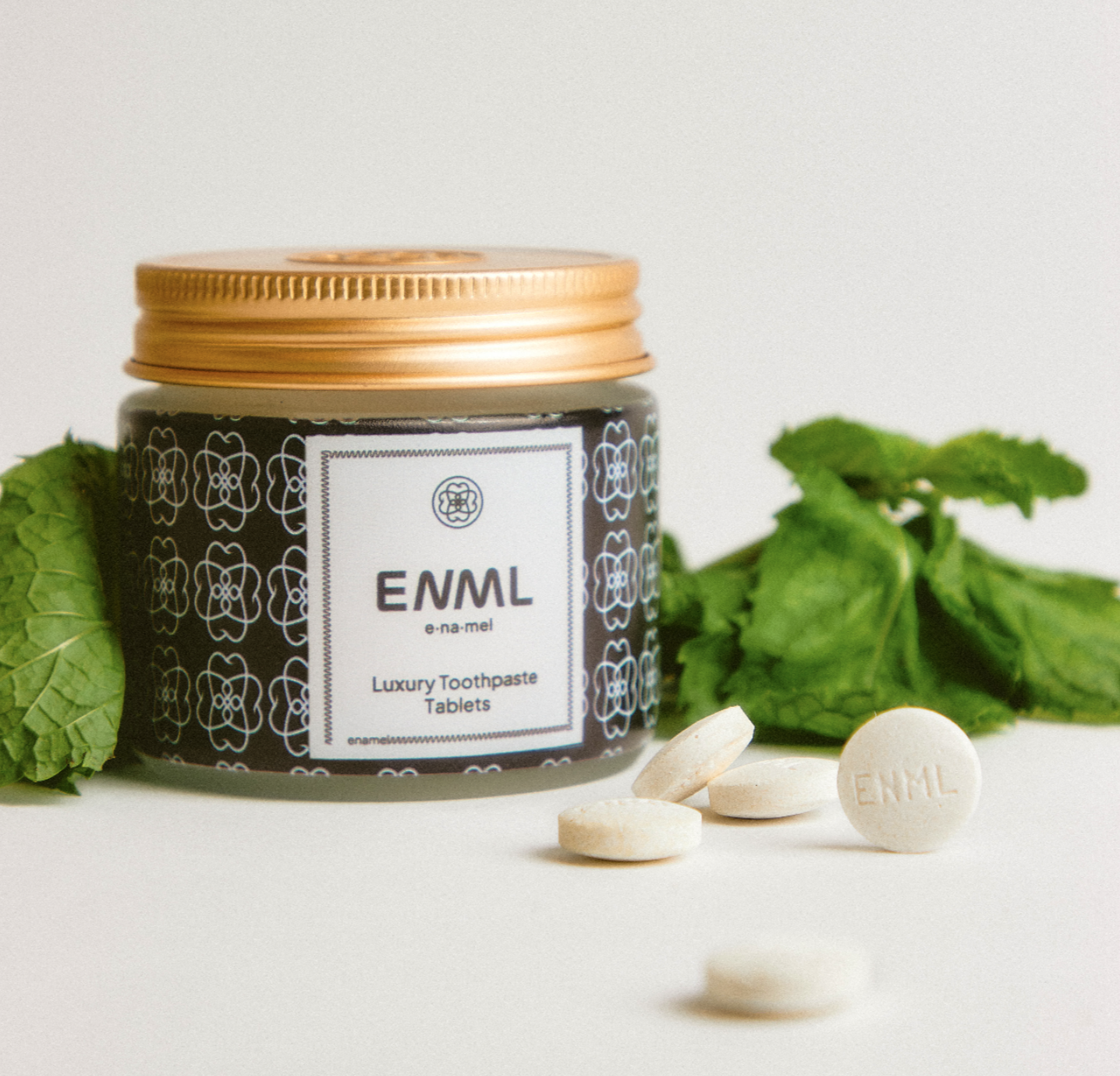Have you ever wondered why your smile might start showing white spots or sensitivity? The secret could lie in a process called demineralization—a gradual loss of minerals from your tooth enamel. Left unchecked, demineralization can weaken your teeth and open the door to cavities and decay. In this guide, we break down what demineralization is, explore the everyday habits that cause it, and share simple, proven tips to protect and even rebuild your enamel. Get ready to discover how a few small changes can make a big difference in keeping your teeth strong and healthy!
What Is Demineralization?
Demineralization is the loss of essential minerals, like calcium and phosphate, from the outer layer of your teeth (the enamel). These minerals keep your teeth hard and resilient. When acids in your mouth begin to strip these minerals away, your enamel becomes thinner and softer. This process can lead to tooth sensitivity, decay, and cavities if not balanced by the natural repair process called remineralization.

What Causes Demineralization?
Demineralization can happen due to a mix of factors that create an acidic environment in your mouth. Here are the main causes:
1. Acid Attacks from Food and Drink
-
Sugary and Acidic Foods & Beverages:
Drinks like soda, fruit juices, and even citrus fruits contain acids and sugars that increase acid levels in your mouth. The acids attack your enamel, slowly washing away minerals. -
Frequent Snacking:
Constantly eating sugary or acidic snacks means your teeth are under acid attack for longer periods, making it easier for demineralization to take hold.
2. Bacterial Plaque Build-Up
-
Plaque Formation:
When you don’t brush and floss well, a sticky film called plaque builds up on your teeth. The bacteria in plaque feed on sugars from your food, producing more acid that erodes enamel over time.
3. Brushing Too Hard
-
Aggressive Brushing:
Using a hard-bristled toothbrush or brushing too forcefully can physically wear down your enamel. Instead of cleaning your teeth, harsh brushing can actually contribute to mineral loss. -
Improper Technique:
Brushing with a soft-bristled toothbrush in gentle, circular motions is much more effective at removing plaque without damaging your enamel.
4. Not Enough Saliva
-
Dry Mouth:
Saliva is your mouth’s natural defense. It helps neutralize acids and supplies minerals to repair enamel. If you suffer from dry mouth—often due to certain medications or health conditions—your teeth may be at a higher risk for demineralization.
How to Prevent Demineralization
You can protect your teeth with simple, everyday changes. Try these easy, effective tips:
1. Practice Good Oral Hygiene
-
Brush Twice a Day:
Use a soft-bristled toothbrush and gentle, circular motions to remove plaque without harming your enamel. -
Floss Daily:
Flossing helps get rid of food particles and plaque in the tight spaces between your teeth. -
Use Fluoride Toothpaste:
Fluoride strengthens enamel and makes your teeth more resistant to acids.
2. Improve Your Diet
-
Cut Down on Sugary and Acidic Foods:
Limit sodas, candies, and citrus fruits to reduce acid attacks on your enamel. -
Eat Calcium-Rich Foods:
Dairy products, leafy greens, and fortified foods provide the minerals your teeth need. -
Stay Hydrated:
Drinking water throughout the day helps wash away acids and food particles.
3. Boost Saliva Production
-
Chew Sugar-Free Gum:
Chewing gum (especially those sweetened with xylitol) stimulates saliva, which helps neutralize acids and support remineralization. -
Sip Water Regularly:
Regular water intake keeps your mouth moist and helps clear away harmful acids.
4. See Your Dentist Regularly
-
Routine Check-Ups:
Visit your dentist at least twice a year for cleanings and early detection of enamel erosion. -
Professional Fluoride Treatments:
In-office fluoride applications or gels can give your enamel an extra layer of protection.
5. Consider Remineralizing Products
-
Switch to Toothpaste Tablets:
Advanced toothpaste tablets, often enriched with ingredients like microhydroxyapatite, can be even more effective at rebuilding enamel than traditional toothpaste. These tablets work by restoring lost minerals and strengthening your enamel over time.
Conclusion
Demineralization happens when acids from food, drinks, and plaque strip away the minerals that make your enamel strong. But by making a few simple changes—using gentle brushing techniques, cutting back on sugary and acidic foods, boosting saliva with water and sugar-free gum, switching to advanced toothpaste tablets, and visiting your dentist regularly—you can protect your teeth and even encourage them to rebuild naturally.
Take charge of your oral health today. Explore advanced treatments like fluoride applications and remineralizing products, and talk to your dentist about the best ways to keep your smile bright and healthy. For more innovative oral care solutions, visit ENML.com.






